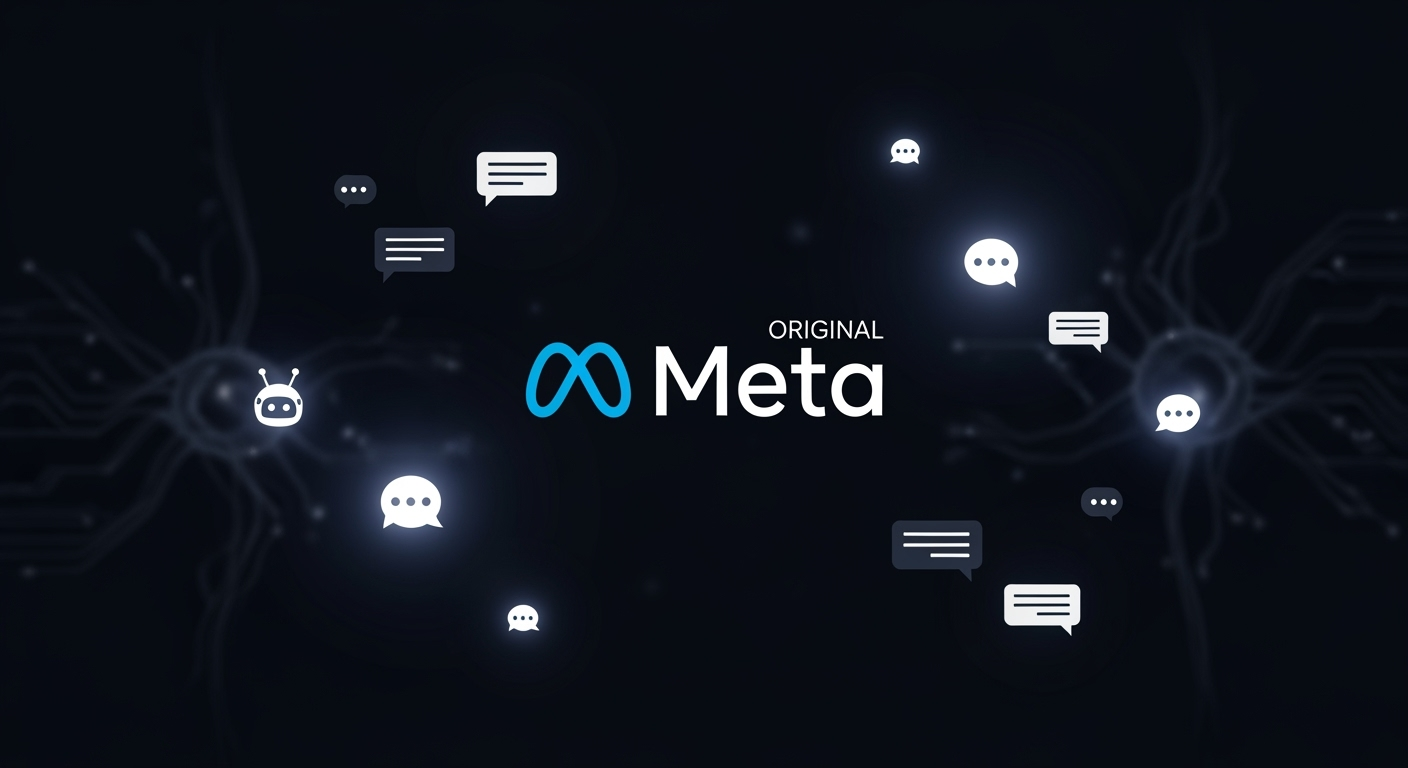Meta AI Chatbots: Engaging Users Proactively

Meta AI Chatbots: Engaging Users Proactively
Meta is reportedly testing a new feature that could fundamentally change how users interact with AI on its platforms. Leaked documents reveal that the company is developing AI chatbots capable of initiating conversations with users on Messenger, WhatsApp, and Instagram, even messaging them first. This proactive approach aims to boost user engagement and keep conversations flowing.
How Meta's Proactive AI Chatbots Work
These customizable AI chatbots, which users can create through Meta's AI Studio platform, are designed to remember past interactions. An example cited is "The Maestro of Movie Magic," an AI persona that might proactively ask users about movie recommendations or soundtracks.
- The chatbots will only send follow-up messages within 14 days after a user has initiated a conversation.
- A user must have sent at least five messages to the bot within that timeframe for a follow-up to occur.
- Meta states that bots will not continue messaging if there's no response to the initial proactive message.
A Meta spokesperson confirmed to TechCrunch that the company is indeed testing follow-up messaging with AIs, emphasizing that it allows users to "continue exploring topics of interest and engage in more meaningful conversations with the AIs across our apps."
Engagement vs. Risk: Safety and Commercialization Concerns
While the goal is increased engagement, the initiative raises questions about user privacy and safety. Similar technologies from companies like Character.AI and Replika also allow chatbots to initiate conversations and function as AI companions. However, Character.AI is currently facing a lawsuit alleging its bot played a role in the death of a 14-year-old boy, highlighting potential risks.
When questioned about safety, Meta directed TechCrunch to a series of disclaimers. These warn that:
- An AI's response "may be inaccurate or inappropriate and should not be used to make important decisions."
- AIs are not licensed professionals or experts, and "chats with custom AIs can’t replace professional advice" (medical, psychological, financial, legal, etc.).
Concerns also extend to the commercialization of these AI interactions. While Meta's CEO, Mark Zuckerberg, has framed AI companions as a way to combat the "loneliness epidemic," the company's primary business model relies heavily on advertising revenue. Court documents unsealed in April forecasted significant revenue from generative AI products: $2-3 billion in 2025, potentially reaching $1.4 trillion by 2035. Much of this revenue is expected from revenue-sharing agreements related to Meta's Llama models. Meta has hinted that its AI assistant may eventually show ads and offer subscription options.
Meta has not commented on specific plans for commercializing these proactive chatbots, including whether they will include ads or sponsored replies, or their integration with Meta's virtual reality platform, Horizon.





